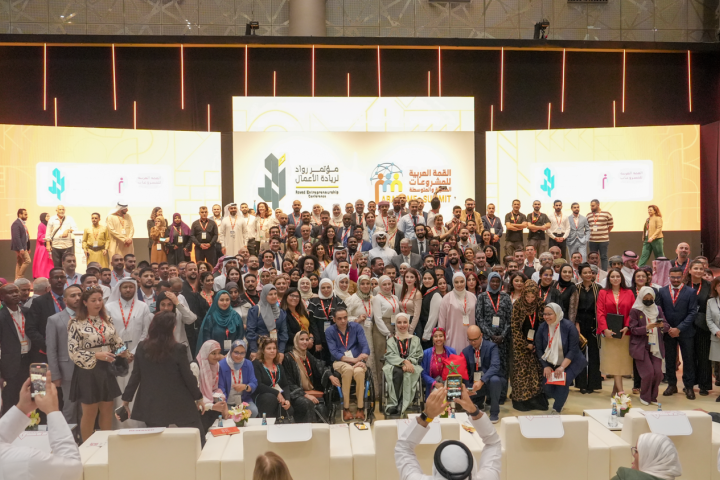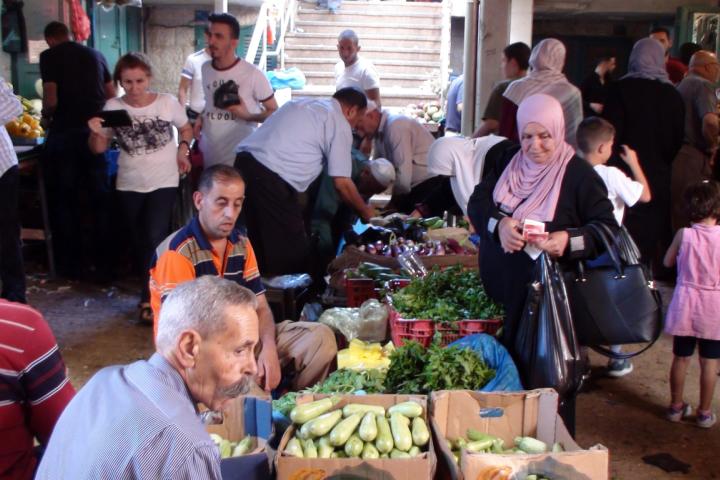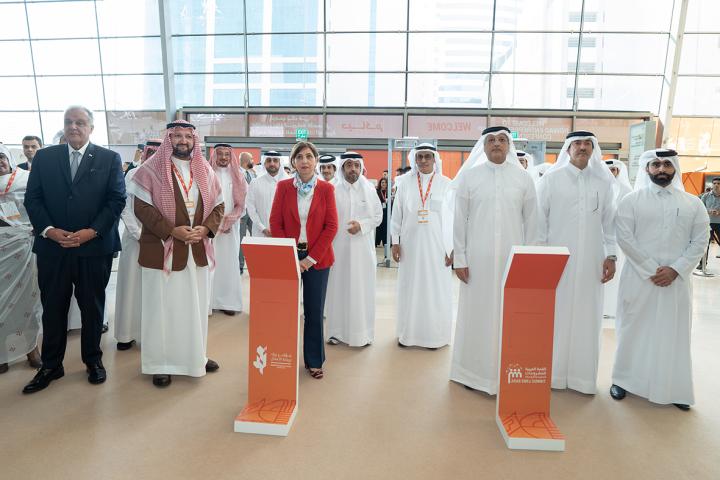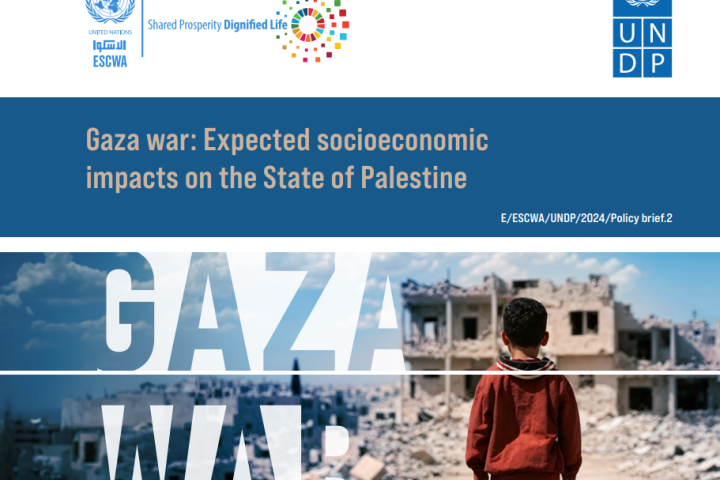Press release
22 Dec 2017
Regional Commission Launches Report on Rethinking Fiscal Policy for the Arab Region
To introduce the Report, United Nations Under-Secretary-General and Executive Secretary of ESCWA Mohamed Ali Alhakim said: “This Report urges a departure from conventional fiscal policy Reports. It proposes several primary considerations in order to align economic policy with measures to reverse the root causes of socioeconomic crisis and deepening disparities. Recommendations in the Report build on the understanding that fiscal policy is crucial to economic reforms and social investments required to attain more inclusive and sustainable development.”
“Fiscal policy can contribute to this new direction by being more consciously targeted towards restructuring economies to generate sufficient decent work, making systematic investment in high-quality human development, and using equity and sustainability as guiding principles in choices to raise and spend public resources,” he added.
He indicated that “transformation will not happen automatically or overnight. But if the region hopes to be both prosperous and peaceful, transformation is an imperative. Managing this process will largely depend on transparent and accountable governance to set and keep rules.”
“The ESCWA Report presents certain alternative ways of thinking about economic policy choices that can support the countries in their common quest for the vision of the future, to achieve the SDGs,” he concluded.
Report
Giving an overview of the Report, ESCWA Director of the Economic Development and Integration Division (EDID), Moctar Mohammed El-Hacene said that “for several decades, economic policy predominantly emphasized privatization and liberalization and the achievement of efficiencies through expenditure cuts.”
El-Hacene noted in his presentation that conscious efforts are needed to restructure economies to generate sufficient decent work, make systematic investment in high-quality human development, and use equity and sustainability as guiding principles in choices to raise and spend public resources.
Then, the Lead Author and Coordinator of the Report Niranjan Saranji and First Economic Affairs Officer Salim Araji gave a detailed presentation of the Report speaking about the danger that the region faces by missing the road to the Sustainable Development Goals (SDGs) and about the necessity of rethinking fiscal policies by correcting its course because it has a prominent role in transforming economies and boosting human developments.
The key recommendations included in the report are: Rethink smart investments to transform economies; Rethink equity and justice in mobilizing revenues to finance smart investments and boost human development; and orient Fiscal Policy towards peace and development in post conflict countries.
What makes the Report stand out?
Professor of Economics at the Lebanese American University (LAU) Ghassan Dibeh commended the Report noting that “it moves away from the traditional Washington Consensus neoliberal emphasis on questions of deficits, debts and austerity that has governed fiscal and economic policy in general in the Arab world, in the developing and the developed world.”
“And in moving away from this traditional emphasis on deficits, debts and austerity, the Report tries to link fiscal policy to the real economy, to the development challenges; what we do with deficit, how do we reallocate resources in an efficient way; how does fiscal policy affect the real economy; how should it respond to development challenges. Moreover, the Report raises the questions on how to use fiscal policy for job creation, and to create a productive economy in addition to questions of social justice,” he added.
*****
For more information:
Nabil Abu-Dargham +961-70-99 31 44; email: dargham@un.org
Ms Rania Harb: +961-70-008879 harb1@un.org
Ms Mirna Mahfouz: +961-70-827372 mahfouz@un.org
Mr Haidar Fahs: +961-70-079021 haydar.fahs@un.org



